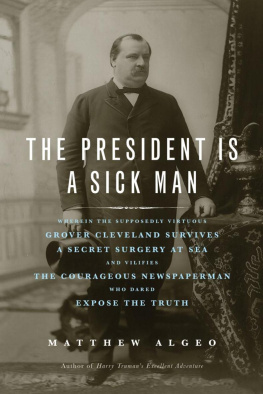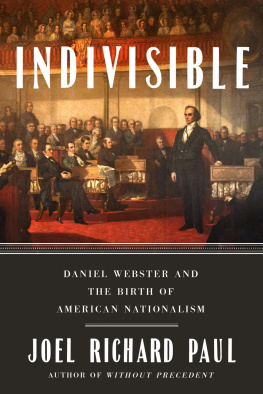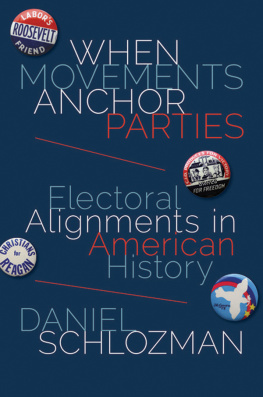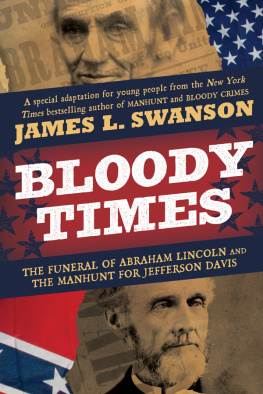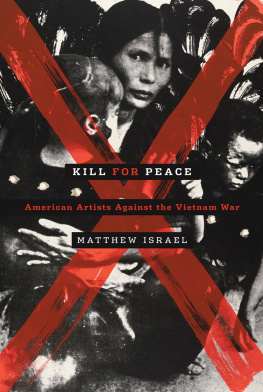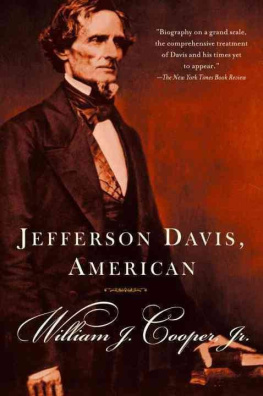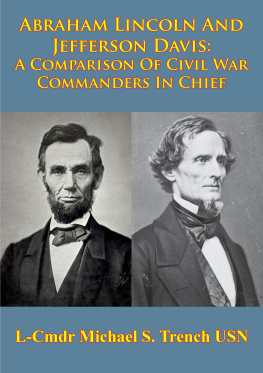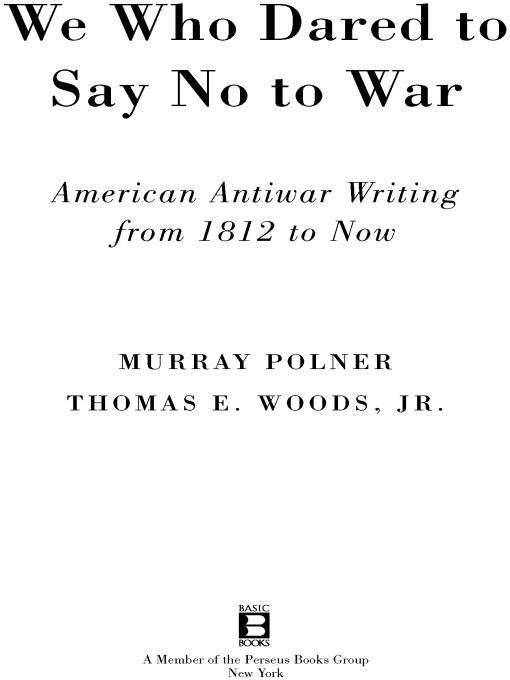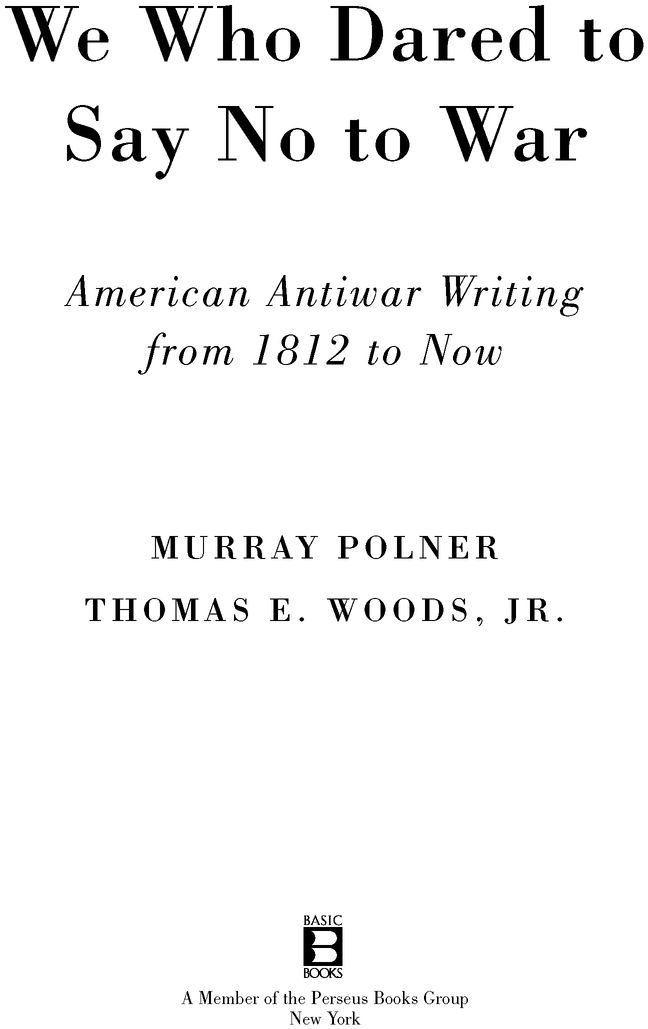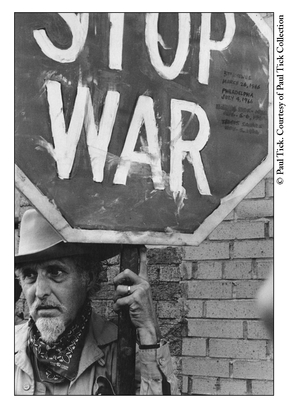Table of Contents
Murray Polner dedicates this book to his grandchildren
Jesse, Rachel, Aliza, Cody, Molly, and Catherine
and hope they will always be inspiredby those memorable words
Justice, justice shalt thou pursue. (Deuteronomy 16:20)
Thomas Woods dedicates this book to his daughters,
Regina, Veronica, and Amy.
May they inherit a world in which reason and truth
finally triumph against propaganda and hatred.
What difference does it make to the dead, the orphans and the homeless, whether the mad destruction is wrought under the name of totalitarianism or the holy name of liberty and democracy?
Mohandas Gandhi, Non-Violence in Peace and War
Introduction
We Who Dared to Say No to War brings together some of the most memorable, if largely neglected, writings and speeches by those Americans who have opposed our governments addiction to war, from the War of 1812 to the present. Coedited by a man of the left (Murray Polner) and a man of the right (Thomas Woods), this cross-ideological book reveals how fascinatingly broad and diverse is the American antiwar tradition. We intend it as a surprising and welcome change from the misleading liberal-peace /conservative-war dichotomy that the media and even our educational establishment and popular culture have done so much to foster.
We have assembled some of the most compelling, vigorously argued, and just plain interesting speeches, articles, poetry, and book excerpts. We feature Daniel Webster, one of our historys great orators, denouncing military conscription in 1814 as unconstitutional and immoral two years after President James Madison and congressional war hawks eager to grab Canada declared war against Great Britain. Our treatment of the Mexican-American War includes a forgotten speech by Abraham Lincoln opposing the war, together with remarks by others who feared the war would only help expand slavery into the newly conquered formerly Mexican lands. For the Civil War we include a letter by a southern Christian theologian to Confederate president Jefferson Davis urging that Christians be exempted from the draft, and an abolitionist assailing the resort to yet another war, which in the end cost hundreds of thousands of lives, not to mention those wounded in body and mind. After Appomattox, the victorious Union then turned its attention to slaughtering Indians.
Some of the most perceptive and significant, if now long-forgotten, antiwar writings in our history appeared in the wake of the Spanish-American War of 1898 and especially as the savage Philippine-American War raged (and in which an estimated two hundred thousand Filipinos as well as some four thousand U.S. soldiers perished), Labor leaders, businessmen, clergymen, and freethinkers alike condemned these adventures. The American Anti-Imperialist League, a national organization that opposed the war and annexations, believed an expansive America was unfaithful to her finest traditions of peace, nonintervention, and anticolonialism. Among the most prominent of these dissenters were Jane Addams, Ambrose Bierce, William Jennings Bryan, Andrew Carnegie, Eugene V. Debs, John Dewey, Emma Gold-man, William James, Helen Keller, Carl Schurz, William Graham Sumner, Mark Twain, and two former presidents, Grover Cleveland and Benjamin Harrison. Shortly before Sumnera carping critic, scholar, and Social Darwinistdied in 1910 after the rise of an American empire in the Caribbean and the Pacific, he sensedwhat lay ahead: I have lived through the best years of this countrys history, he wrote. The next generations are going to see war and social calamities.
How right he was, from the World War I to repeated interventions in the Caribbean and Latin America to the Korean War to the antidemocratic intrigues in Iran, Guatemala, and beyond. And while World War II was in the end a necessary war, we remind readers that (1) that war was but a continuation of the unnecessary World War I, and (2) there were always critics of the warnoninterventionists to its partisans and isolationists to its opponentsbefore and after the attack on Pearl Harbor. Some of the most articulate opponents of the foreign-policy consensus, then and now, among Washingtons elite are those who recognize that American military power needs to be narrowly restricted to defensespecifically, an end to the stationing of U.S. troops throughout the world, a sharp reduction in military budgets, a restoration of constitutional parity between the three branches of government, and a refusal to inject the nation into conflicts without end, all over the world.
The Korean War (with nearly thirty-eight thousand Americans killed and many more wounded, some grievously, and several million Koreans killed) has received little or no attentionperhaps because it was only another abattoir in which no side could rightly claim victory. As in the early stages of every war fought by this country, a majority of trusting and believing majorities rallied round the flag and their leaders. Even so, some of the writings we include in this book mention the fabricated Tonkin Gulf assault by North Vietnamese torpedo boats (much like the lie spread about Spaniards sinking the USS Maine in Havanas harbor in 1898), including Senator Wayne Morses denunciation of the rush to war without the benefit of a congressional declaration of war. It was a war that millions protested and during which college students at Kent State and Jackson State universities were slain and J. Edgar Hoovers FBI repeatedly violated civil liberties. Nevertheless, the war dragged on until 1975, when U.S. helicopters were forced to rescue retreating escapees huddled atop the American embassy in Saigon.
Senator George McGoverns memorable speech on the Senate floor during the Vietnam War in support of the McGovern-Hatfield amendment to end the war was perhaps the most trenchant denunciation of that failed war and its supporters. McGovern, a World War II Army Air Force combat pilot and recipient of a Silver Star and Distinguished Flying
Pictured here is a symbol for millions of Americans who have dared to say no to endless wars.
Cross, turned to his colleagues in the Senate and told them,Every senator in this chamber is partly responsible for sending fifty thousand young Americans to an early grave. This chamber reeks of blood.
Finally, and inevitably, we turn to Iraq, where impassioned supporters invoke a future consumed by World War IV. As usual, our present and future wars are aided and abetted by the intimate relationship between weapons manufacturers (which in the good old days were called merchants of death) and contractors and far too many policy makers and legislators. We offer here the testimonies of serious opponents of our governments foreign policy as a rebuke to the limited and narrow debate that takes place among Washingtons elites, think tanks, and (with few exceptions) our servile and incurious mass media.
The conventional wisdom about the Iraq War is that it was begun under false pretenses, that a supine media drilled those falsehoods into Americans heads, and that this was all very unusual. Well, as they say, two out of three aint bad.


